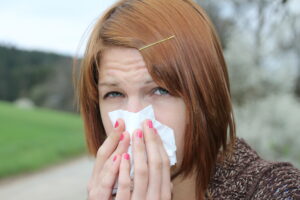
Ahhh Chooooo! Over twenty percent of Americans suffer from chronic allergies or hay fever.
Allergies are the result of the immune system’s overreaction to a normally harmless substance, such as pollen, animal hair or indoor dust mites.
Specifically, an allergy occurs when the immune system develops a sensitivity and attacks what it considers to be an invader. When the substance enters the body, the body produces many antibodies in the blood to attack it.The antibodies then bind to a certain kind of white blood cell and this binding causes the release of histamine, a chemical in the body which causes the uncomfortable, yet familiar allergy symptoms.
Remedies for allergies that have been proven useful include Nettle Leaf, Vitamin C, Quercetin, and air ionizers. Quercetin belongs to a class of water-soluble plant coloring agents called bioflavonoids. Bioflavonoids are found in many fruits and they aid in the absorption and metabolism of ascorbic acid (Vitamin C).
Quercetin is often recommended as a treatment for allergies and asthma. Several test tube studies have found it beneficial in stopping the release of allergenic substances and histamine in the body (Journal of Allergy and Clinical Immunology).
A study of the herb nettle leaf was published in the journal “Planta Medica”. In this study, 58% of the people experienced less symptoms of hay fever, including sneezing and itchy eyes, after taking doses of nettles for one week.
Nettle leaf is high in vitamin C and trace minerals and is a rich source of chlorophyll. Some people with allergies have experienced improvement in their symptoms after taking 1–2 grams of vitamin C per day (1,000 to 2,000 milligrams).
A buffered form of vitamin C such as calcium ascorbate may work better for allergy or asthma sufferers than regular vitamin C (per a study in American Journal of Digestive Diseases). One group of researchers proved that vitamin C reduces the tendency of the lung’s bronchial passages to go into spasm (Annals of Allergy).
Another study in China showed that people with more vitamin C in their diet had greater lung volume — meaning they could exhale more air than those eating less of the vitamin.
Negative ion therapy can be a wonderful relief to allergy sufferers and is one of the best remedies for allergies. The air we breathe contains molecules with electrical charges, both positive and negative. These minute electrified particles called ions, affect the environment in which we live and breathe.
Researchers have shown that most of us who live, work and travel in closed spaces suffer some degree of negative ion starvation or the effects of too many positive ions.Some allergy-provoking substances, such as dust and pollen, have a positive electrical charge.
Negative ions appear to counteract the allergenic actions of these positively charged ions on respiratory tissues and people have experienced considerable relief from respiratory allergies (from the Book: The Ion Effect). A plug-in negative ion generator can work wonders in enclosed spaces.
Allergy symptoms can be greatly reduced with the right combination of herbs, vitamins, healthy food, and healthy air.
This health news is shared by Nutrition Breakthroughs, maker of the original calcium and magnesium based sleep aid Sleep Minerals II, and Joints and More, a natural supplement for joint relief, less aches and pains, and more energy.
K. C. of Homer, New York says: “I am writing to you a true believer of Sleep Minerals II. I never write product reviews…. good or bad. I had originally ordered your sleep minerals product and thought I would give it a try.”
“Well I had given it to the entire family. We ran out of it and I really thought it wasn’t working. I quickly realized within a couple nights that without them the entire household was not falling asleep as easily as they were before! So I immediately ordered more. I will not let that happen again.”
To learn more about Sleep Minerals II, click here.



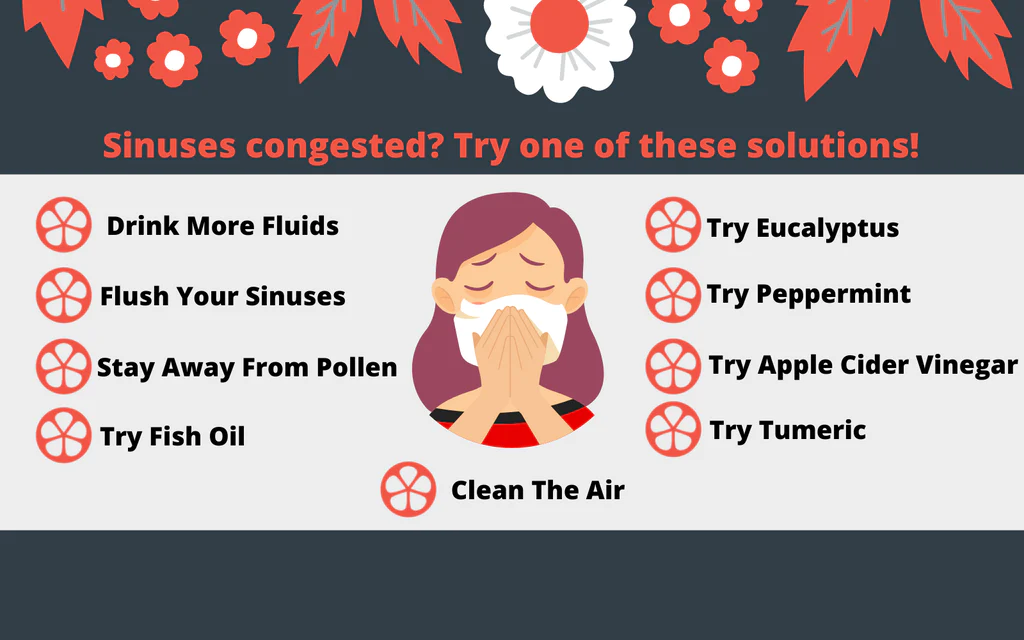
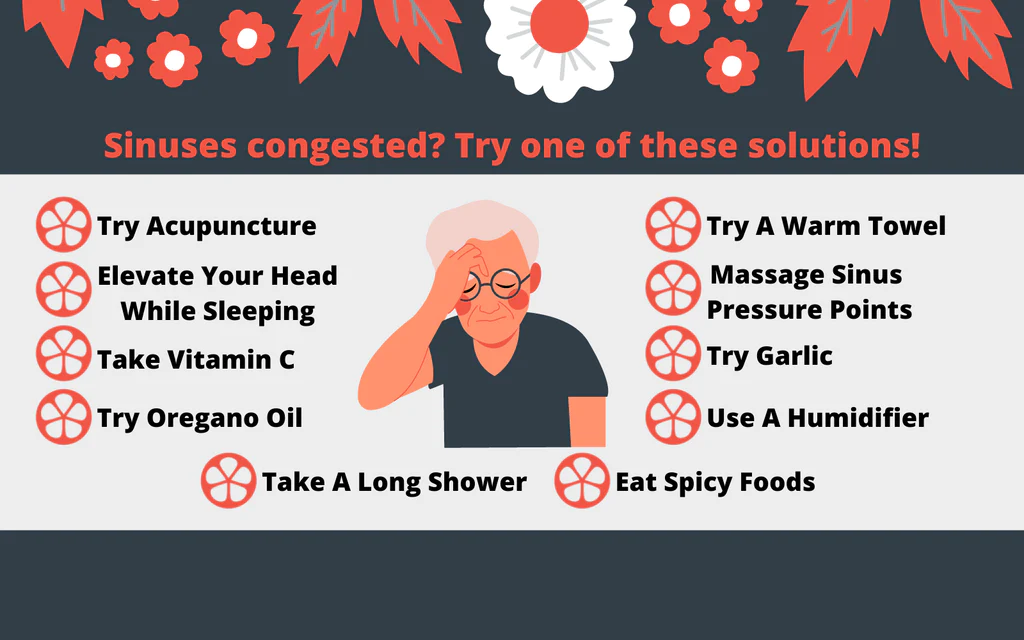

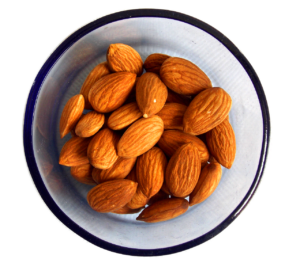
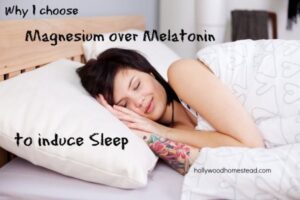
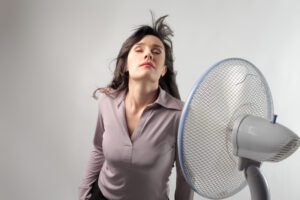


 Greetings to you,
Greetings to you,
